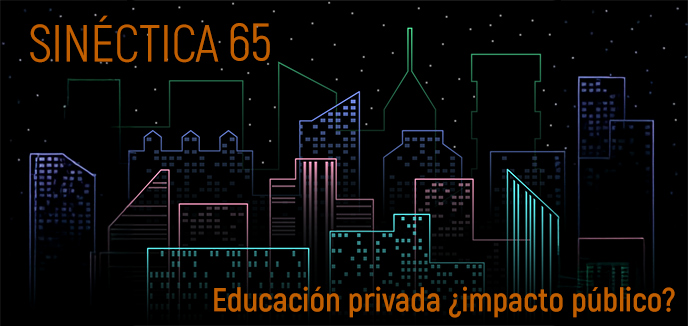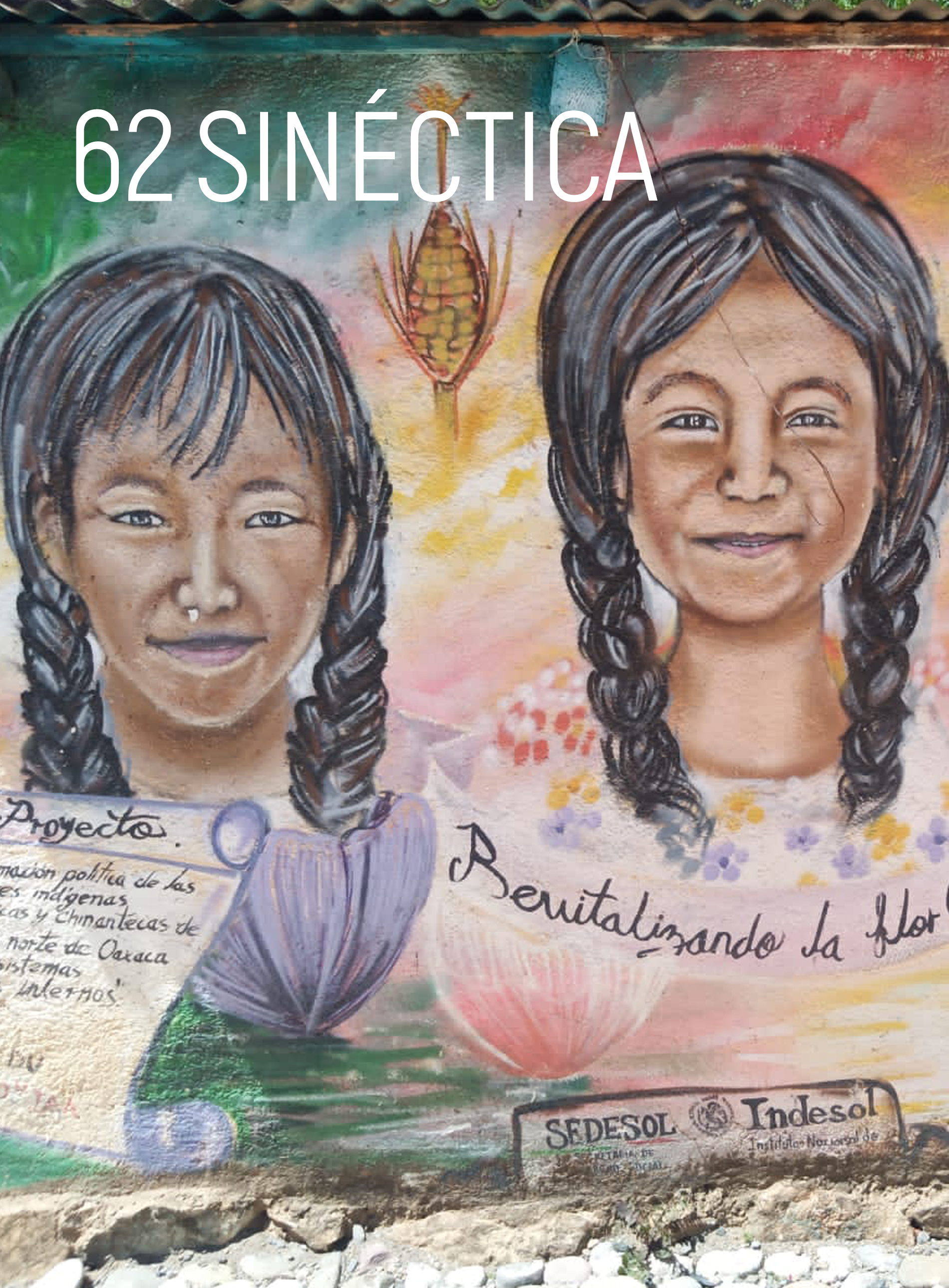Quiénes somos
Sinéctica es una revista continua que publica en español, inglés y portugués. Inaugura número los meses de enero y julio.
En Sinéctica no hay cobro de cuotas a los autores por el envío, procesamiento o publicación de artículos. Además, los contenidos están disponibles a texto completo y sin restricciones.
























